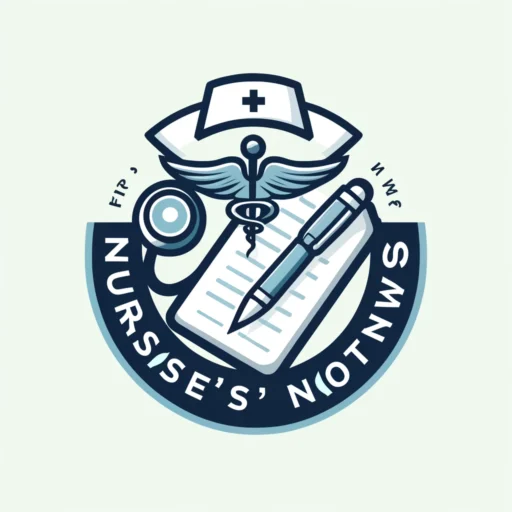Introduction
The National Council Licensure Examination (NCLEX) is a crucial gateway to a rewarding career in nursing, requiring dedicated study and preparation. This article outlines the top nurse’s educational tips for passing the NCLEX exam on the first try. The importance of this topic is underscored by three main reasons: the increasing demand for registered nurses, the rigorous nature of the NCLEX exam, and the need for efficient study habits to ensure success (nursingworld.org).
Understanding the NCLEX Exam
The NCLEX is a computer-based exam designed to test the knowledge and skills necessary to ensure safe and effective entry-level nursing practice. It’s paramount for aspiring nurses to familiarize themselves with the structure and content of the exam as a fundamental first step (ncsbn.org).
• Deep understanding of NCLEX exam structure and content facilitates effective study planning.
• Familiarization with the exam helps reduce anxiety, improving performance.
Effective Study Habits
Effective study habits are vital for passing the NCLEX exam. As outlined in the article Practical Strategies For Nursing Students To Succeed In Clinical Rotations, consistent studying, rather than cramming, aids in better understanding and retention of information. Incorporating active learning methods, such as flashcards and study groups, can also boost comprehension and recall.
Utilizing Resources
Various resources are available to aid in NCLEX exam preparation, including study guides, practice questions, and online courses. These resources provide valuable insights into the exam’s content and structure, facilitating targeted study. Additionally, they offer practice questions that simulate the actual exam, enhancing familiarity and confidence (aacnnursing.org).
Data-Driven Study Approaches
Data-driven study approaches can significantly enhance NCLEX exam preparation. As highlighted in the article Data Science Strategies For AI Implementation, leveraging data can inform strategic decision-making, including the identification of weak areas needing improvement. Furthermore, predictive analytics can be used to forecast potential performance, enabling proactive remediation.
Conclusion
Preparing for the NCLEX exam requires diligent study, a deep understanding of the exam, effective study habits, utilization of available resources, and leveraging data-driven study approaches. By adopting these strategies, aspiring nurses can increase their chances of passing the NCLEX exam on their first try. Remember, the journey to becoming a registered nurse is challenging, but with the right preparation, it is achievable (nursingsociety.org).








